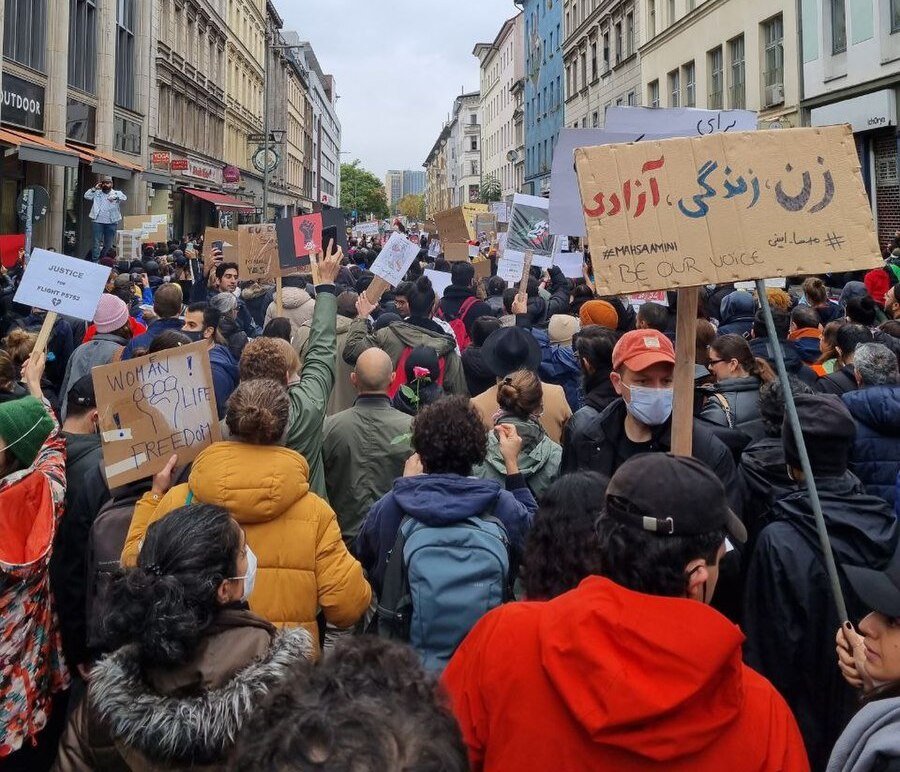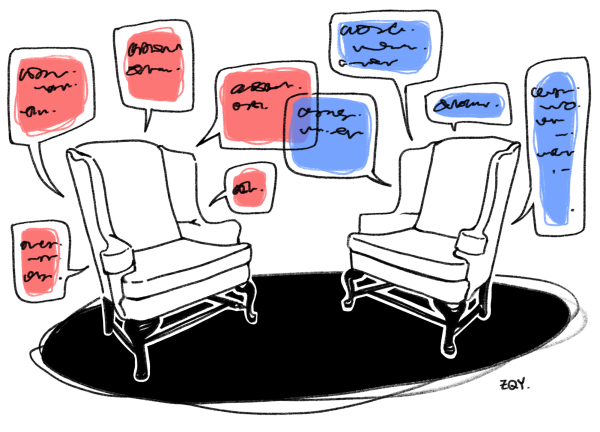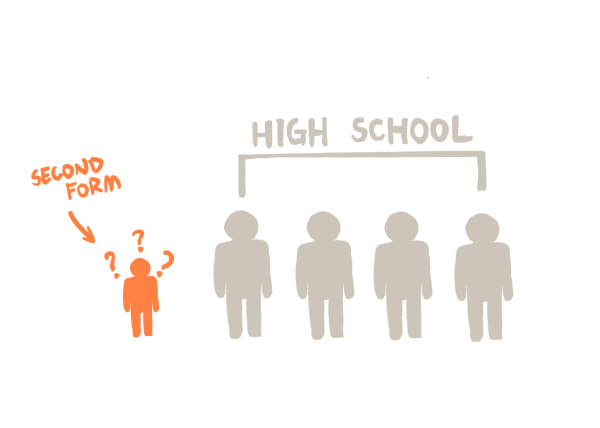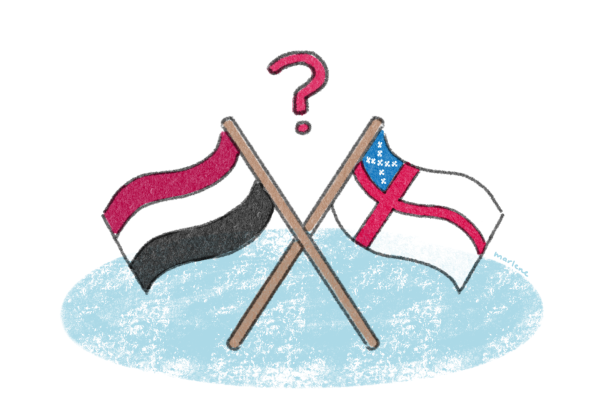Mahsa Amini and College Instagrams: A Cry for Help From Iranian Women
A typical post on the Harvard University Instagram has anywhere between 30 and 150 comments. On October 2nd, a generic, benign post featuring a “Fall day study session” had 178,932 comments. Almost all of them were about Mahsa Amini.
The Iranian people are looking to U.S. colleges for help in achieving freedom and rights for women. It is imperative that we, and these colleges, listen to their pleas and amplify their voices.
First, it’s important to establish the situation in Iran that fueled the need for U.S. college involvement. 22-year-old Mahsa Amini died in Iranian custody after being arrested for not wearing a headscarf. Although Iranian officials claim that Amini died suddenly of a heart attack while in detention, based on witness accounts and medical reports, it appears that she was in fact beaten to death after suffering many violent blows to her skull.
Her death sparked protests throughout Iran. The demonstrations mark one of the biggest and most widespread set of protests since the Revolution in 1979, according to The Guardian. Although the numbers remain unclear, “the Norway-based Iran Human Rights group reported that by 2 October, 133 people had been killed during the three-week protests,” says Middle East Eye.
While the protests have involved all kinds of people, they have been particularly concentrated on college campuses, in particular at Sharif University. With the shutdown of internet access in Iran – an act which the US State Department formally condemned on October 20 – college students sought help from college campuses in the US. Though the Iranian government also censored Instagram and other platforms, some students were able to get around the firewalls.
Harvard was not the only university to experience this cry on their social media. Likewise, Yale, Stanford, Princeton, Columbia and many other prestigious universities were inundated with comments featuring the hashtags #mahsa_amini and #sharif_university, and the phrase “please be our voice.”
Social media pages of American universities are the ideal vectors for Iranian student protests: for one, is it mostly Iranian college students both in Iran and in the U.S. searching for help who are turning to international college Instagrams, an action that makes sense given the pushback they are receiving at their domestic colleges, both from the administration, and from the public. Second, many celebrity accounts with more followers than university Instagrams have restricted comments, meaning the Iranian people would be unable to get their points across with the comments blocked. Lastly, these elite colleges all pride themselves on their attention to global issues, and they are institutions of the right scale (not as big as the US government itself, but big enough to reach a lot of people).
Many comments also refer to OpIran, which is an anonymous “hacktivist group” that has vowed to advocate for freedom in Iran. Beyond that group though, individuals have written thought-out messages to the universities, and by extension the world. A comment on Yale’s Instagram reads, “Please be the voice of the voiceless. The internet is shut down in Iran for the government doesn’t want the world to know what is going on in Iran. Women have been oppressed by the #IslamicRepublic for more than 43 years…People are risking their lives, barehanded, against the oppressor forces of the government… #mahsaamini”
It’s time that we acknowledge their cries for help. It’s time that colleges acknowledge the students who are seeking aid, instead of ignoring their existence.
Some students at Harvard participated in a demonstration in support of Amini, reports the Harvard Crimson. The Crimson reports one girl saying, “The women in Iran, they are leading a revolution. They don’t need the U.S. or us to save them, they need a platform…”
And she’s right. The women and men of Iran are continuing to fight for freedom, but they are begging colleges to hear their voices. It’s time that those colleges acknowledge their fight, and it’s time that we, as Groton students, as global citizens, do too. Whether that be through spreading awareness by talking with friends, posting on social media, or maybe even through a Community Gathering, it is important that we start recognizing this crisis.






